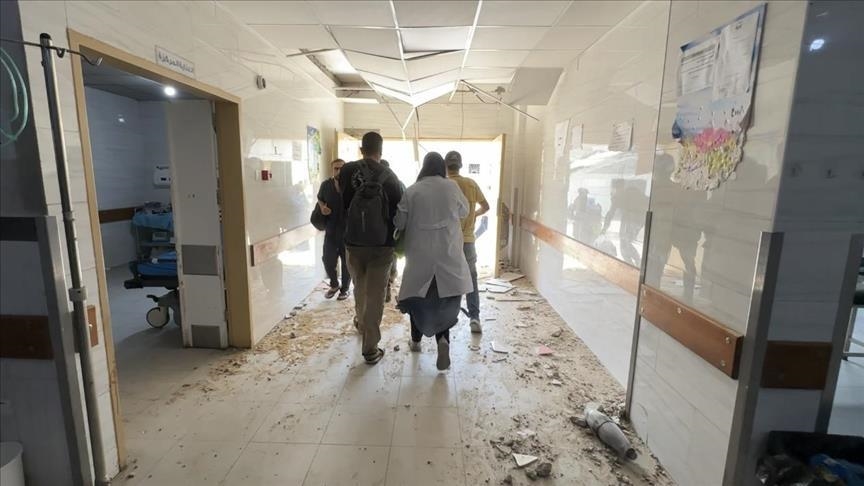By Ehab Rimawi
RAMALLAH, Wednesday, September 18, 2019 (WAFA) – Farmers and specialists said they expect a promising season of olive oil production this year compared to last season following abundance in rainfall and late blooming and budding, which could make it the best season since 2006 when production reached 34,000 tons of olive oil.
Available figures indicate that olive oil presses will produce between 26,000 tons and 28,000 tons compared to 14,700 tons last year, which is a figure not reached in 13 years.
In any season, the local market needs between 15,000 tons and 17,000 tons of olive oil a year. But this figure could change based on the purchasing power in the market and in light of the current financial crisis, which means demand could drop.
Palestine exports annually between 5,000 tons to 6,000 tons of olive oil, a large part of which goes to the Gulf countries, and about 1000 tons to Jordan. Sixteen companies are in charge of exporting olive oil to most countries of the world. Last year, however, only 2500 tons of olive oil were exported due to the low production level.
As the harvest season approaches, the price of a liter of oil is expected to range from 22 to 25 Israeli shekels ($6 to $7).
According to the director of the Olive Department at the Ministry of Agriculture, Ramiz Obeid, in more than 12 years not one gram of olive oil has been imported.
The Ministry of Agriculture announced the 15th of next month as the date for the beginning of olive harvesting in all governorates, and the 1st of November as the date for the harvest of Nibali and K18 olives, of which there are about one million trees in the Hebron Governorate.
It warned against early picking because this would lead to a decrease in the quality of the olive oil as well as its quantity.
According to Obeid, early harvesting means that the olive fruit would not have become fully ripe, and therefore it will be difficult to extract its oil at the olive press, especially since the collection of oil in the fruit ends at the beginning of October and it needs several days to become fully ripe.
He said: "The percentage of oil in the olive depends on many elements, including whether it is irrigated from natural water or rain, and if the olive tree is on a hill, which means it would have more oil than those in low areas, where the olive tree is exposed to sunlight throughout the day, negatively impacting production."
Obeid added that the dilemma of early harvest leads to an increase in the percentage of olive oil losses in the "peat", that is in the leftover at the pressing stage, to about 14%, while the farmer who picks on time the losses are about 9%. This difference means in such a season loss of 1500 tons, or about 40 million shekels ($11.5 million).
Jenin governorate occupies the first place in the production of olive oil, where it produces 25% of the national production. Nablus comes second, followed by Ramallah and al-Bireh, then Tulkarm, Salfit, Hebron, Qalqilya, Bethlehem, and last is Jerusalem.
The western regions have more olives, but last year production was very little because of some disease in the olive leaf. It is expected this season to compensate for the loss.
The primitive method of picking olives by hand is one of the best ways in harvesting the olive fruits. But Obeid does not deny the fact that the introduction of mechanical harvesting saves time and effort in the harvesting.
There are 11 million olive trees in Palestine, while between 250,000 and 300,000 trees are planted annually.
Obeid said that the Palestinian olive tree is characterized by the fact that its oil is considered extra virgin and therefore has anti-inflammatory agents that cause a feeling of burning in the mouth when tasting the olive oil immediately after it comes out from press. Studies showed that extra virgin oil helps strengthen the immune system and protect against cancer. However, bad ways in picking, transporting and storing the olive production reduces the presence of this substance in the olive oil.
M.K.











